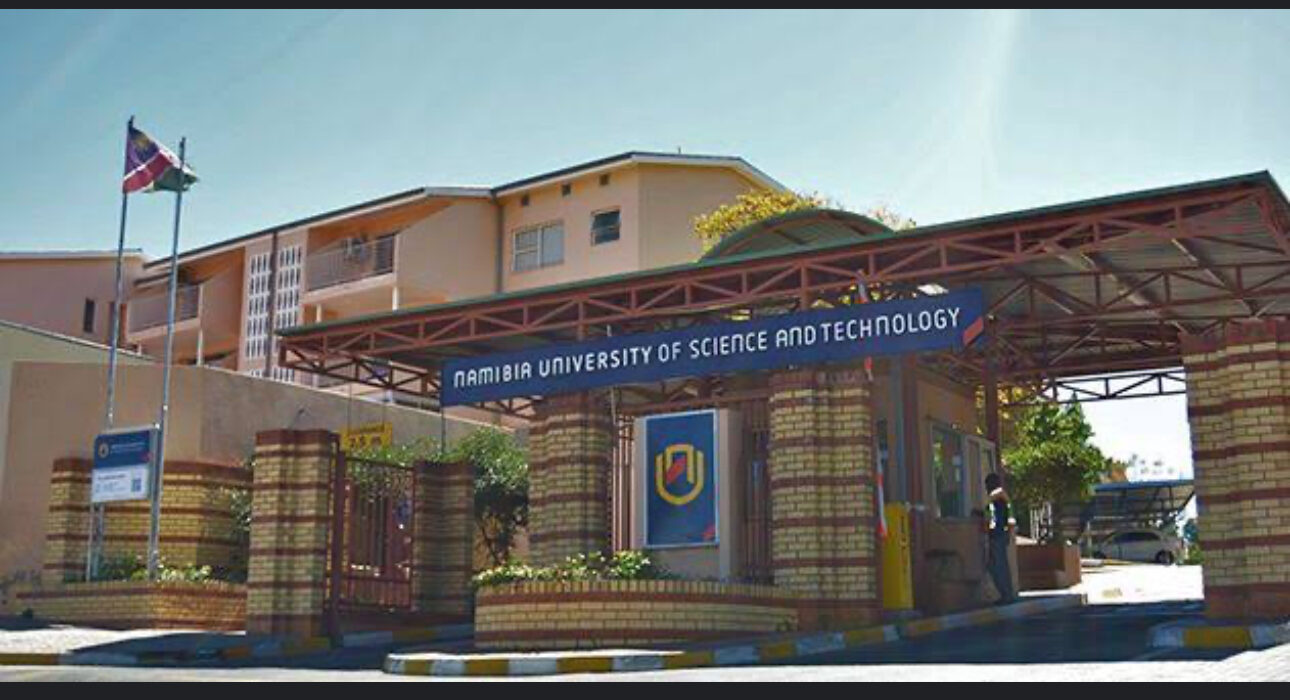Namibia to Offer Free University, Tertiary Education Starting 2026

Namibia is set to become one of the few African countries to offer free tertiary education, following an announcement by President Netumbo Nandi-Ndaitwah during her first State of the Nation Address.
Beginning in 2026, the Namibian government will fully subsidize tuition and registration fees at all public universities and vocational training centers across the country.
The announcement marks a major expansion of Namibia’s existing education policy, which currently provides free primary and secondary education.
The new initiative will benefit thousands of students attending the country’s two state-run universities and seven vocational and technical institutions.
“This policy is aimed at breaking down the financial barriers that have historically prevented many young Namibians from accessing higher education,” President Nandi-Ndaitwah stated. “Education is not a privilege — it is a right, and we are committed to making that right a reality for every young Namibian.”
The move comes at a time when Namibia faces significant youth unemployment, with roughly 70% of its population under the age of 35. In response, the government is rolling out a series of youth-centered reforms. In addition to the education initiative, President Nandi-Ndaitwah announced the launch of a national internship and apprenticeship program designed to provide practical work experience to young people entering the job market.
To further support youth entrepreneurship, the government is allocating 257 million Namibian dollars (approximately $13.7 million USD) to fund informal and micro businesses owned by young Namibians. The fund is expected to offer training, financial support, and mentorship to aspiring entrepreneurs operating in the informal economy.
Analysts and education advocates have praised the announcement as a historic milestone that could position Namibia as a leader in educational reform on the continent. By investing in free tertiary education, the government aims to empower future generations, reduce poverty, and stimulate long-term economic growth.
The initiative is scheduled for rollout in January 2026, giving institutions and education authorities ample time to prepare for the transition.







